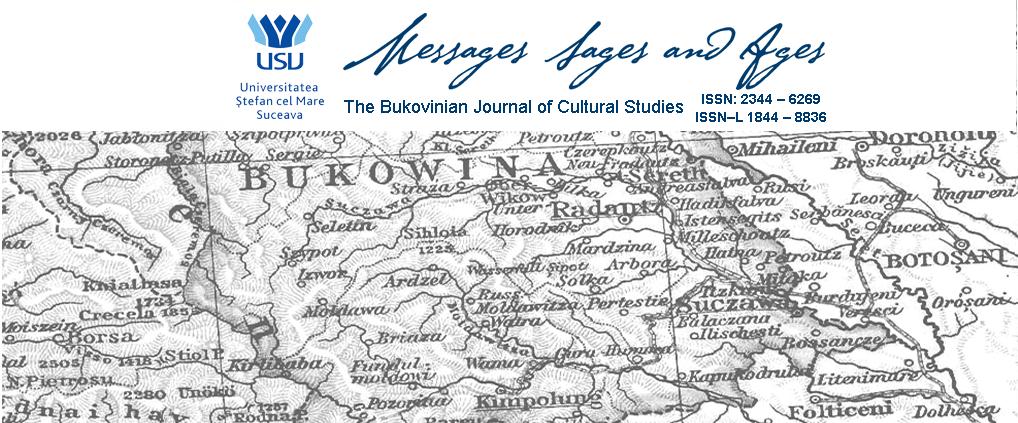This article explores how the theoretical perspectives of ecocriticism and technobiophilia may give us interesting insights into various modes of writing nature from literary to digital and the lived experience. I discuss how we humans are part of nature and embedded in it even as-and perhaps because – we try to make deep and permanent changes to it that have lasting impacts upon the environment. In this paper I look at writing about nature and apply an ecocritical approach to it so as to compare yearnings with realities and also to look at some stages in between. I utilise autoethnographic methodology to relate a personal research narrative about multiple question such as: How is nature represented in creative writing? What is nature and how do humans respond to the built and non-built environment as a part of nature? How has nature writing acted to colonise a world with Eurowestern pastoral evocations? What is the power of nature in narratives? What is the position of humans as part of nature and how foes technology influence this? How has human degradation of the environment occurred through human disregard and even fear of it and can we clarify this through the prism of ecocritical theory? Most importantly in what ways can humans understand their position as part of nature? Can we learn about nature from Indigenous and colonised peoples’ narratives? In doing so I emphasise the importance of entering nature within the built and technological environment, and, most importantly, the ways that we can write about nature so as to emphasise our human positioning within it. My academic narrative emphasises that we must understand nature differently today due to our human interactions with it that have taken it into a dangerous situation. This personal reflective and subjective yet scholarly narrative about humans in and with the natural world enters into the debate about nature writing today. In this paper, I am utilising autoethnography which suggests that research should include a story and enter into the academic debate about how a scholarly performance is always singular and personal. I tell my story of how I view the need to look at nature writing from an ecocritical and biophiliac prism, with emphasis on the positioning of the technical within nature via the theoretical prism of technobiophilia.
Josie Arnold
Author
Professor Josie Arnold has been a teacher for 50 years in secondary and tertiary institutions, and continues to teach writing, literature and English expression. Her work over 50 years adds to the depth of our creative culture and many of her students have been successfully published. She has made significant contributions since 1963 to Indigenous inclusion in the curriculum as well as the teaching of postgraduate writing in a Women’s high security prison. She is the inaugural Professor of Writing at Swinburne University of Technology and her work as an academic has involved her in the production of electronic texts, the development of the Master of Arts (Writing) and the PhD by Artefact and Exegesis that recognises creativity as knowledge in the Academy. She has won national (2006 The Carrick Award) and several university teaching awards (1998-2014) acknowledging her outstanding contributions to learning and teaching. Josie has had over 45 books including poetry, drama, young adult fiction, textbooks, an educational e-game and her memoir published by major houses. She has supervised more than 25 PhD students to a successful conclusion and currently supervises another eight in the artefact and exegesis model and two in the traditional model as well as teaching in the MA(Writing) and undergraduate literature studies. In this process she has mentored numerous colleagues.
